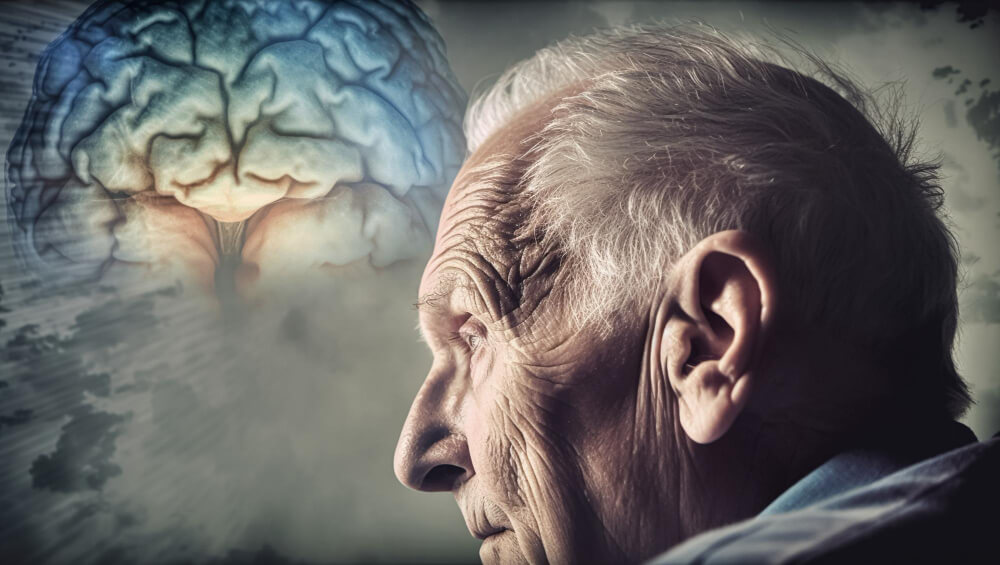Table of Contents
ToggleIntroduction
In today’s fast-paced world, many individuals struggle with memory loss and cognitive decline. It’s, a progressive neurodegenerative disorder, is one of the most common causes of such symptoms. Understanding Alzheimer’s disease is crucial for early detection, intervention, and effective management. In this article, we delve into the symptoms, causes, and management strategies for Alzheimer’s disease.
What is Alzheimer’s Disease?
It is a degenerative brain condition that negatively impacts memory, cognition, and behavior. It stands as the leading cause of dementia in the elderly, impacting millions across the globe.
Symptoms of Alzheimer’s Disease
- Memory Loss: Forgetfulness, particularly recent events or conversations.
- Difficulty in Problem-Solving: Challenges in planning and solving problems.
- Confusion with Time or Place: Disorientation and getting lost in familiar surroundings.
- Changes in Mood and Personality: Mood swings, depression, and withdrawal from social activities.
- Language Problems: Difficulty in finding the right words or understanding conversations.

Causes of Alzheimer’s Disease
- Genetic Influences: Alterations in specific genes, like the APOE gene, heighten the likelihood of developing Alzheimer’s.
- Age: The foremost risk factor for this disease is growing older.
- Brain Changes: Abnormal protein deposits, such as beta-amyloid plaques and tau tangles, disrupt communication between brain cells.
- Lifestyle Factors: Poor diet, lack of physical activity, and smoking may contribute to the development of such disease.
Diagnosis and Screening
- Medical History and Physical Examination: Assessing symptoms and ruling out other possible causes of cognitive decline.
- Cognitive Tests: Assessing memory, language, and problem-solving skills.
- Brain Imaging: MRI or CT scans to detect changes in brain structure.
- Genetic Testing: Identifying genetic risk factors, though not routinely recommended for everyone.

Management and Treatment
- Medications: Cholinesterase inhibitors and memantine may help improve symptoms temporarily.
- Lifestyle Modifications: Healthy diet, regular exercise, and mental stimulation can support brain health.
- Supportive Care: Assistance with daily tasks, emotional support, and caregiver education.
- Clinical Trials: Participating in research studies to explore new treatments and interventions.
Prevention Strategies
- Healthy Lifestyle: Maintaining a balanced diet, staying physically and mentally active, and avoiding smoking can reduce the risk of Alzheimer’s disease.
- Social Engagement: Building strong social connections and staying socially active may help preserve cognitive function.
- Cognitive Stimulation: Engaging in mentally stimulating activities, such as puzzles or learning new skills, can support brain health.
Conclusion

This disease poses significant challenges for individuals and their families, but early detection and intervention can improve quality of life and slow disease progression. By understanding the symptoms, causes, and management strategies for it, we can empower ourselves to take proactive steps towards brain health and well-being.
Frequently Asked Questions (FAQs)

Q: What are the early signs of Alzheimer’s disease?
Early signs include memory loss, difficulty in problem-solving, and confusion with time or place.
Q: Is such disease a hereditary?
While genetics play a role, This particular disease is influenced by a combination of genetic and environmental factors.
Q: Can It be prevented?
While there is no guaranteed way to prevent Alzheimer’s, adopting a healthy lifestyle may reduce the risk.
Q: How is Alzheimer’s disease different from normal aging?
While some memory decline is normal with aging, Alzheimer’s disease involves significant impairment in daily functioning.
Q: What types of assistance are accessible for those caring for individuals with Alzheimer’s disease?
Caregiver support groups, respite care services, and educational resources are available to assist caregivers in managing the challenges of Alzheimer’s disease.








